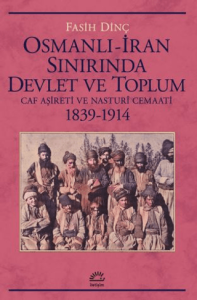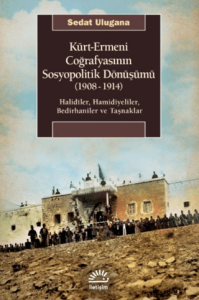
Winner of the 2004-2005 Scientific Paper Prize in the Ottoman Bank Archives and Research Centres biannual competition, Unveiling the History of Turkish Banking and Finance, organized with the collaboration of the European Banking and Financial History Association and the History Foundation of Turkey. Adolf Orosdi, a Hungarian army officer, who had found refuge in the Ottoman Empire, opened a first clothing store in Galata in 1855. With the Back family, equally of Jewish Austro-Hungarian descent, Orosdi and his sons began establishing similar stores elsewhere. In 1888, when their siège social was registered in Paris, they already had outlets in Philippopoli , Bucharest, Salonica, Izmir, Cairo, Alexandria, Tanta, and Tunis, as well as purchasing missions in industrial and commercial centers in Europe. Their business gradually evolved from wholesale to retailing, in particular through grands magasins, which differed from the bazaar. This study aims to make an original contribution to the
Winner of the 2004-2005 Scientific Paper Prize in the Ottoman Bank Archives and Research Centres biannual competition, Unveiling the History of Turkish Banking and Finance, organized with the collaboration of the European Banking and Financial History Association and the History Foundation of Turkey. Adolf Orosdi, a Hungarian army officer, who had found refuge in the Ottoman Empire, opened a first clothing store in Galata in 1855. With the Back family, equally of Jewish Austro-Hungarian descent, Orosdi and his sons began establishing similar stores elsewhere. In 1888, when their siège social was registered in Paris, they already had outlets in Philippopoli , Bucharest, Salonica, Izmir, Cairo, Alexandria, Tanta, and Tunis, as well as purchasing missions in industrial and commercial centers in Europe. Their business gradually evolved from wholesale to retailing, in particular through grands magasins, which differed from the bazaar. This study aims to make an original contribution to the




















